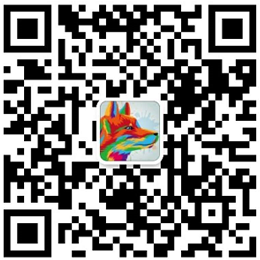Working Groups typically produce deliverables (e.g., standards track technical reports, software, test suites, and reviews of the deliverables of other groups).

The primary goal of an Interest Group is to bring together people who wish to evaluate potential Web technologies and policies. An Interest Group is a forum for the exchange of ideas.
W3C has created Community and Business Groups to meet the needs of a growing community of Web stakeholders. Community Groups enable anyone to socialize their ideas for the Web at W3C for possible future standardization. Business Groups provide companies anywhere in the world with access to the expertise and community needed to develop open Web technology. New W3C Working Groups can then build mature Web standards on top of best of the experimental work, and businesses and other organizations can make the most out of W3C's Open Web Platform in their domain of interest.
Learn more about Community and Business Groups.
In addition to these groups, W3C operates thanks to the following groups:
The Advisory Committee represents the Members of W3C at large, which name one individual per Member responsible for managing the organization's rights and responsibilities set out in the W3C Process. This includes reviewing plans for W3C work, electing the Advisory Board and the Technical Architecture Group participants, as well as a portion of the W3C Board of Directors. AC Representatives nominate an unlimited amount of work group participants on behalf of their organizations. Lastly, AC Reps represent their organization in implementing the W3C Patent Policy.
The W3C Board of Directors —first seated in September 2022– is the governing body of the World Wide Web Consortium public-interest non-profit organization. The Directors have ultimate authority on W3C's strategic direction, have a legal obligation to ensure that W3C implements its mission to lead the Web to its full potential, and have fiduciary responsibility over W3C as a whole.
W3C created the TAG to document and build consensus around principles of Web architecture and to interpret and clarify these principles when necessary. The TAG also helps to resolve issues involving general Web architecture brought to the TAG, and helps coordinate cross-technology architecture developments inside and outside W3C. Some TAG Participants are elected by the W3C Members, others are appointed by the W3C Director.
The Advisory Board provides ongoing guidance to the Team on issues of strategy, management, legal matters, process, and conflict resolution. The Advisory Board also serves the Members by tracking issues raised between Advisory Committee meetings, soliciting Member comments on such issues, and proposing actions to resolve these issues. The Advisory Board manages the evolution of the Process Document. AB Participants are elected by the W3C Members.
2025年国内旅游收入预计将突破历史新高,以下是综合多方数据的预测与分析:
一、核心数据预测

工作时间:8:00-18:00
电子邮件
扫码二维码
获取最新动态
